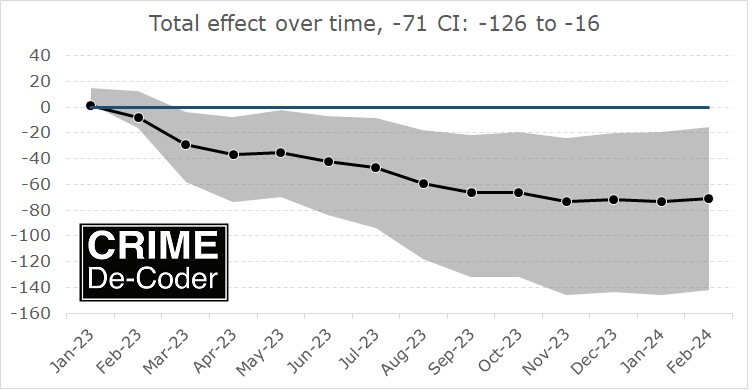
Quantum Computing on a Chip: Brace for the Revolution
In a moment of triumph that’s being hailed as equivalent to the move from room-scale silicon technology down to desk-sized machines, quantum computing has now gone chip-scale — down from the room-scale contraptions you might have seen elsewhere, including in science fiction.
The development has been spearheaded by Cambridge-based quantum specialist Riverlane’s work with New York and London-based digital quantum company Seeqc. They’re the first to deploy a quantum computing chip that has an integrated operating system for workflow and qubit management (qubits are comparable to classical computing’s transistors, but capable of pairing between themselves, instantly sharing information via quantum states, and also capable of representing both a 0 and a 1). The last time we achieved this level of miniaturization on a computing technology, we started the computing revolution. Now, expectations for a quantum revolution are on the table as well, and the world will have to adapt to the new reality.
The new chip ushers in scalable quantum computing, and the companies hope to scale the design by increasing surface area and qubit count. The aim is to bring qubits up to millions, a far cry from their current deployed maximum of a (comparatively puny, yet still remarkably complex) 76-qubit system that enabled China to claim quantum supremacy. There are, of course, other ways to scale besides increased qubit counts. Deployment of multiple chips in a single self-contained system or through multiple, inter-connectable systems could provide easier paths to quantum coherency. And on that end, a quantum OS is paramount. Enter Deltaflow.OS.
























